Genotropin somatropin
$750.00
Somatropin is also used to increase height in children with certain disorders (such as Noonan syndrome, Turner syndrome, idiopathic short stature).
Table of Contents
ToggleAbout Genotropin
Various brands of this medication are used for the treatment of one of the following medical conditions: growth failure, growth hormone deficiency, intestinal disorder (short bowel syndrome) or HIV-related weight loss or wasting. Genotropin
Somatropin is also used to increase height in children with certain disorders (such as Noonan syndrome, Turner syndrome, idiopathic short stature).
How to use
Read the Patient Information Leaflet that may come with your brand of this medication provided by your pharmacist before you start using somatropin and each time you get a refill. If you have any questions, consult your doctor or pharmacist.
Some brands of this medication are given by injection into a muscle or under the skin. Some brands may only be injected under the skin. The way you inject this medicine will depend on the brand that you are using. Check with your pharmacist to ensure that the way you are injecting your medicine is correct. It is important to change the location of the injection site to avoid problem areas under the skin. For best results, this medication must be used exactly as prescribed by your doctor. It is important to understand your therapy and to follow your doctor’s instructions closely.
The dosage is based on your age, weight, medical condition and response to treatment.
If you are giving this medication to yourself at home, learn all preparation and usage instructions from your health care professional. Do not shake while mixing the solution. Shaking makes the medication not work properly. Before using, check this product visually for particles or discoloration. If either is present, do not use the liquid. Learn how to store and discard medical supplies safely.
If you are using a pen device, do not share your pen device with another person, even if the needle is changed. You may give other people a serious infection, or get a serious infection from them. Learn how to store and discard medical supplies safely.
If this medicine is used for short bowel syndrome, consult your doctor if a special diet (high carbohydrate/low-fat) or the use of nutritional supplements may be helpful.
If this medicine is used for weight loss/muscle wasting, it may take up to 2 weeks to notice the effects of the drug. Do not use more of this medication than prescribed or use it more often since the risk of side effects will be increased.
Side effects
Headache, nausea, vomiting, fatigue, muscle pain, or weakness may occur. If these symptoms continue or become bothersome, inform your doctor or pharmacist promptly.
Remember that your doctor has prescribed this medication because he or she has judged that the benefit to you is greater than the risk of side effects. Many people using this medication do not have serious side effects.
Tell your doctor right away if you have any serious side effects, including: development of a limp, persistent fatigue, unusual/unexplained weight gain, persistent cold intolerance, persistent slow heartbeat, fast heartbeat, ear pain/itching, hearing problems, joint/hip/knee pain, numbness/tingling, unusual increase in thirst or urination, swelling hands/ankles/feet, change in the appearance or size of any mole, persistent nausea/vomiting, severe stomach/abdominal pain.
Get medical help right away if you have any very serious side effects, including: vision problems/changes, seizure, severe headache.
Rare (possibly fatal) lung/breathing problems may be caused by this medication in children with Prader-Willi syndrome. Those at higher risk include males, severely overweight children, or those with serious lung/breathing problems ( e.g., sleep apnea, lung infections, lung disease). Children should be checked for certain breathing problems (upper airway obstruction) before and during treatment. Heavy snoring or irregular breathing during sleep (sleep apnea) are signs of airway obstruction. Tell the doctor right away if these signs occur. Also report any signs of lung infection, such as fever, persistent cough, or trouble breathing.
Somatropin may increase your risk of getting a tumor or cancer. Discuss the details and the risks and benefits of this medication with your doctor.
A very serious allergic reaction to this drug is rare. However, get medical help right away if you notice any of the following symptoms of a serious allergic reaction: rash, itching/severe swelling (especially of the face/tongue/throat), dizziness, trouble breathing.
This is not a complete list of possible side effects. If you notice other effects not listed above, contact your doctor or pharmacist.
In the US – Call your doctor for medical advice about side effects. You may report side effects to FDA at 1-800-FDA-1088 or at www.fda.gov/medwatch.
In Canada – Call your doctor for medical advice about side effects. You may report side effects to Health Canada at 1-866-234-2345.
Warnings & Precautions
See also Side Effects section.
Before using somatropin, tell your doctor or pharmacist if you are allergic to it; or if you have any other allergies. This product may contain inactive ingredients (such as benzyl alcohol or metacresol found in some brands), which can cause allergic reactions or other problems. Talk to your pharmacist for more details.
Before using this medication, tell your doctor or pharmacist your medical history, especially of: adrenal gland problems, eye problems (e.g., diabetic retinopathy), recent major surgery/injury, severe breathing problems (acute respiratory failure), diabetes or family history of diabetes, obesity, kidney disease, tumors (cancer, especially of the head/neck), thyroid problems, back problems (scoliosis).
If you have diabetes, this drug may increase your blood sugar. Check your blood sugar regularly as directed and share the results with your doctor. Tell your doctor right away if you have symptoms of high blood sugar such as increased thirst/urination. Your doctor may need to adjust your diabetes medication, exercise program, or diet.
When this medication is given to newborns, mix with sterile water for injection that does not contain a preservative. A preservative (benzyl alcohol) which may be found in the liquid used to mix this product can rarely cause serious problems (sometimes death), if given by injection to an infant during the first months of life. The risk is greater with lower birth weight infants and is greater with increased amounts of benzyl alcohol. Symptoms include sudden gasping, low blood pressure, or a very slow heartbeat. Report these symptoms to the doctor right away should they occur.
Before having surgery, tell your doctor or dentist about all the products you use (including prescription drugs, nonprescription drugs, and herbal products).
Older adults may be more sensitive to the side effects of this drug, especially effects on blood sugar, or swelling ankles/feet.
This medication should be used only when clearly needed during pregnancy. Discuss the risks and benefits with your doctor.
It is not known if this drug passes into breast milk. Consult your doctor before breast-feeding.
Storage
Consult the product instructions and your pharmacist for storage details. Keep all medications away from children and pets.
Do not flush medications down the toilet or pour them into a drain unless instructed to do so. Properly discard this product when it is expired or no longer needed. Consult your pharmacist or local waste disposal company.
Drug interactions
Drug interactions may change how your medications work or increase your risk for serious side effects. This document does not contain all possible drug interactions. Keep a list of all the products you use (including prescription/nonprescription drugs and herbal products) and share it with your doctor and pharmacist. Do not start, stop, or change the dosage of any medicines without your doctor’s approval.
Some products that may interact with this drug include: estrogen hormone replacement.
Overdose
If someone has overdosed and has serious symptoms such as passing out or trouble breathing, call 911. Otherwise, call a poison control center right away. US residents can call their local poison control center at 1-800-222-1222. Canada residents can call a provincial poison control center. Symptoms of overdose may include severe headache, nausea, or vomiting; sudden onset of sweating, fatigue, shakiness, confusion (hypoglycemia); or persistent swelling of hands and feet.
| Cartridge | 1 Cartridge (5mg/mL (15 unit/mL) |
|---|
Be the first to review “Genotropin somatropin” Cancel reply
Related products
Uncategorized
Uncategorized
Uncategorized
Uncategorized
Uncategorized
Uncategorized
Uncategorized
Uncategorized
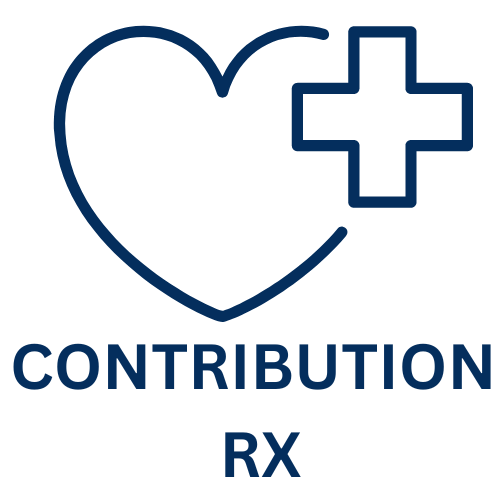
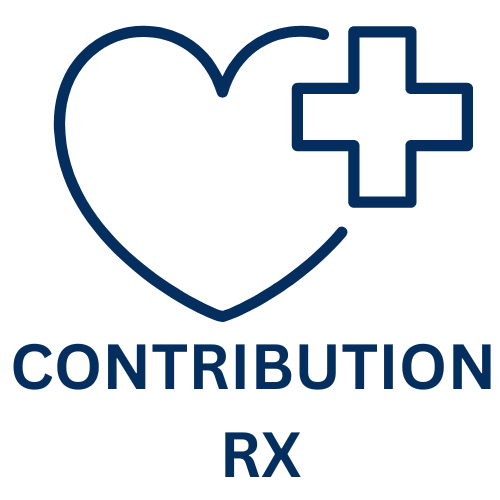
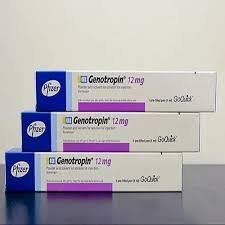
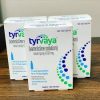
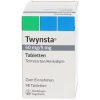
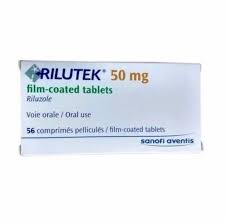
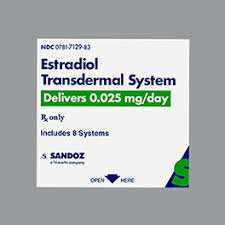
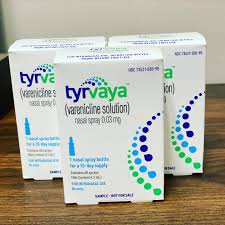

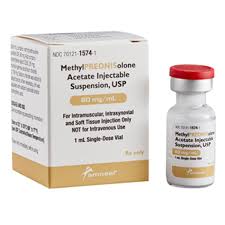
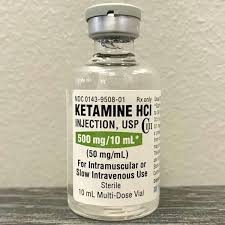
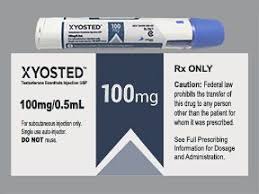
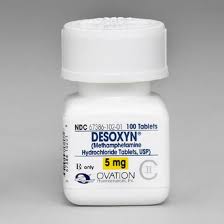
Reviews
There are no reviews yet.